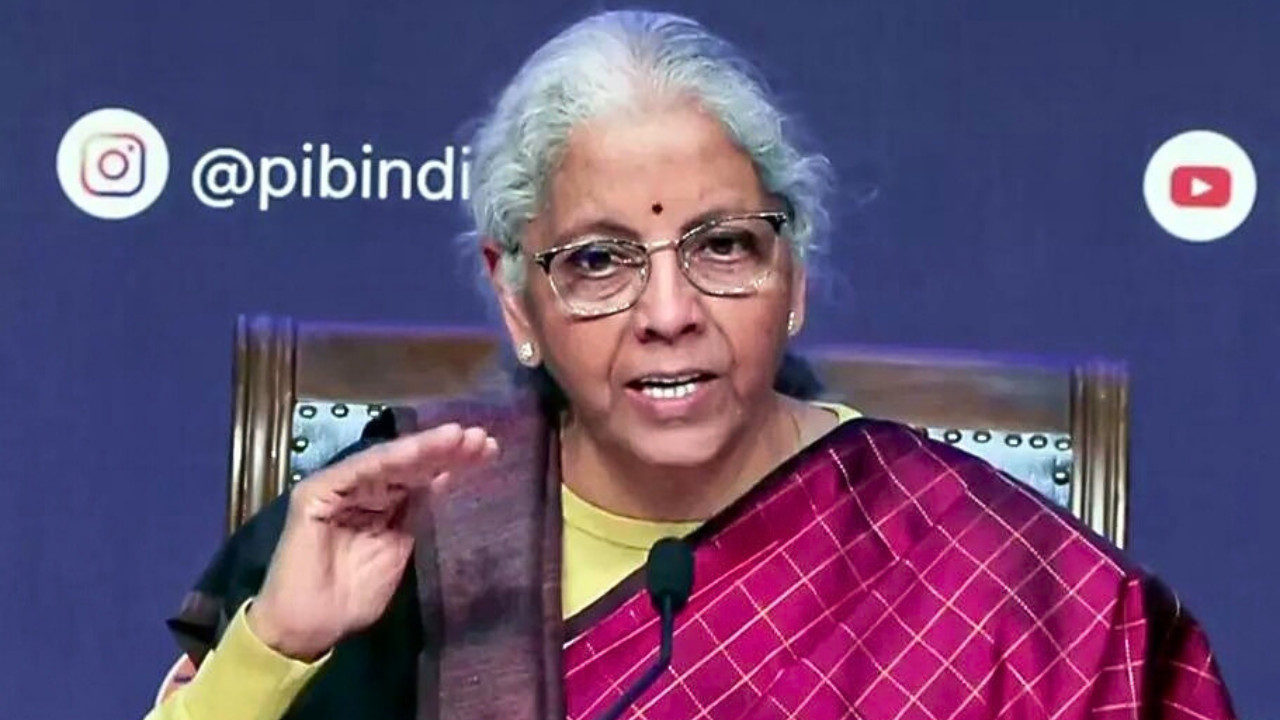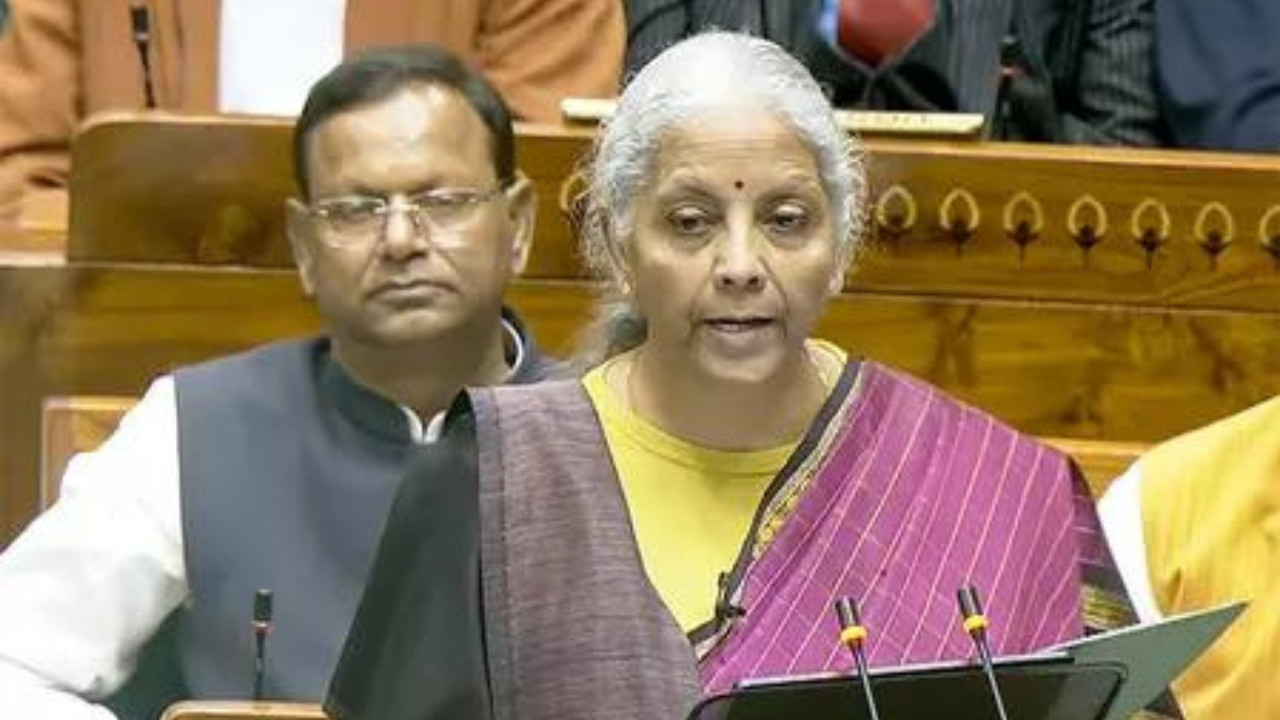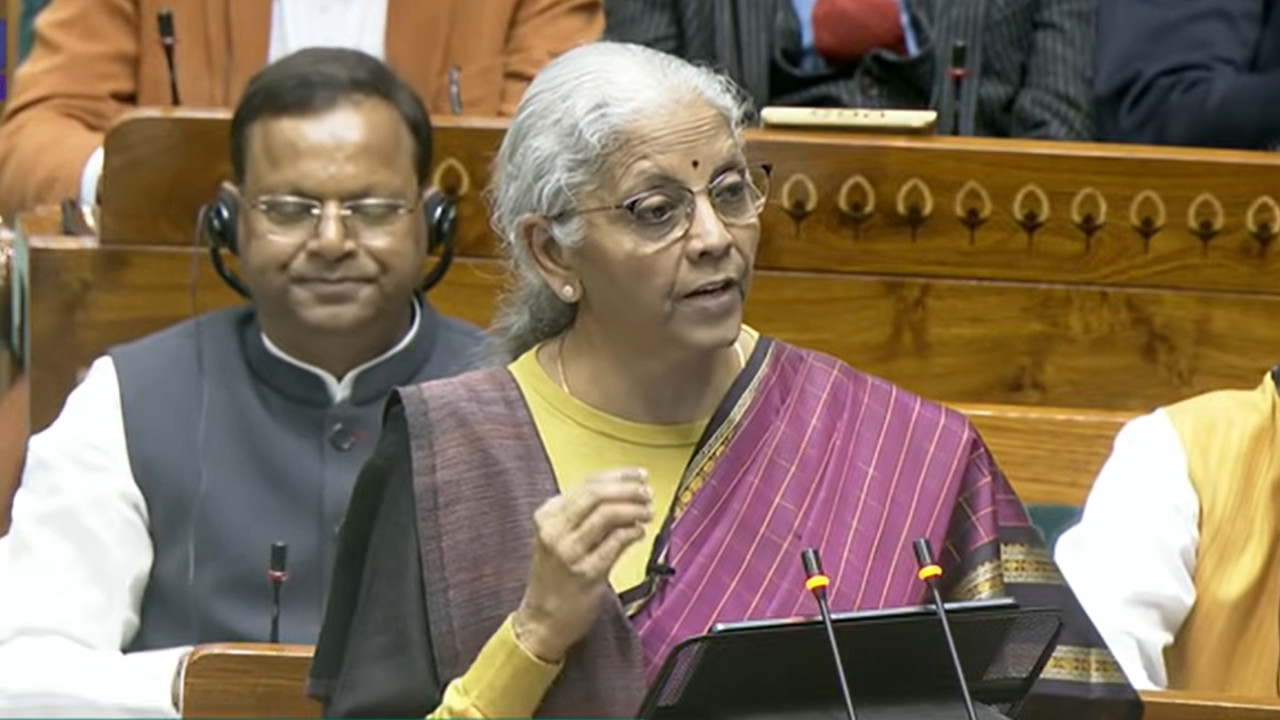N Chandrasekaran will resign as Chairman and Director of Tata Chemicals, effective May 29, 2025, citing a reassessment of his commitments. S Padmanabhan, a current Director, will succeed him as Chairman from May 30, 2025. Modan Saha, driving strategic initiatives at Tata Sons, has been appointed as an Additional Director.
Shuffling the Deck at Tata Chemicals: What Does Chandrasekaran’s Exit Mean?
Okay, let’s talk Tata. The corporate landscape in India, and frankly globally, is rarely static. Big changes happen, leadership shifts occur, and we, the observers, are left to decipher the ripples. The latest ripple comes from Tata Chemicals, with the news that N. Chandrasekaran, the heavyweight Chairman of Tata Sons, is stepping down from his role as Chairman of Tata Chemicals. In his place, S. Padmanabhan, currently an independent director, is set to take the helm.
Now, you might be thinking, “Another corporate shuffle? So what?” But hold on a second. This isn’t just any change. When someone as influential as Chandrasekaran makes a move, it’s worth digging a little deeper. He’s not just steering one ship; he’s captain of the entire Tata armada.
Padmanabhan’s ascension is immediate, effective as of yesterday. It’s a smooth transition, carefully orchestrated, and speaks volumes about Tata’s well-oiled succession planning. He’s been on the board as an independent director, so he knows the ins and outs of the company already. That continuity is crucial in a sector as crucial as chemicals.
So, why the change? The obvious answer is workload. Chandrasekaran already wears a multitude of hats. Leading Tata Sons, the holding company that owns a vast portfolio of businesses, is a full-time job and then some. He’s responsible for charting the course for everything from Tata Steel to TCS, from Jaguar Land Rover to the burgeoning Tata Neu super app. Adding Tata Chemicals to that already hefty plate likely stretched his bandwidth thin.
But, let’s be honest, is that the only reason? It’s highly unlikely. Sometimes, these moves are strategic. Perhaps the company is entering a new phase, demanding a specific skill set that Padmanabhan brings to the table. Maybe there’s a need for a different perspective, a fresh pair of eyes to analyze the challenges and opportunities ahead.
Tata Chemicals isn’t just about churning out chemicals. It plays a vital role in various sectors, including agriculture, pharmaceuticals, and food processing. The industry is facing increasing pressure to adopt sustainable practices, reduce its environmental footprint, and innovate with greener technologies. In that context, someone with Padmanabhan’s background might be better positioned to guide the company through these evolving demands.
What we do know is that Padmanabhan’s track record speaks for itself. Prior to becoming an independent director, he enjoyed a long and distinguished career within the Tata group, holding key positions across various businesses. He understands the Tata ethos, the company’s commitment to ethical business practices, and its long-term vision. This internal understanding is invaluable.
The official statement mentions Chandrasekaran’s contributions to Tata Chemicals, and rightly so. He undoubtedly played a significant role in guiding the company during his tenure, particularly navigating the complexities of a global market and the ever-present competitive pressures.
Now, what are the potential implications of this change? For one, we can expect a continued focus on sustainable growth and innovation. The chemical industry is ripe for disruption, and Tata Chemicals has the potential to be a leader in developing eco-friendly solutions and adopting cutting-edge technologies.
Furthermore, Padmanabhan’s experience suggests a possible renewed emphasis on operational efficiency and cost optimization. In a world where margins are constantly squeezed, finding ways to streamline processes and reduce waste is essential for maintaining profitability.
It’s also worth considering the potential impact on Tata Chemicals’ stock price. While leadership changes can sometimes create short-term volatility, the market generally reacts positively to well-managed transitions. The fact that Padmanabhan is an insider, a known entity within the Tata ecosystem, should reassure investors and minimize any uncertainty.
Ultimately, this leadership transition at Tata Chemicals represents a significant moment. It’s a reminder that even the most successful companies must constantly adapt and evolve to remain competitive. While Chandrasekaran’s departure marks the end of an era, it also opens the door for a new chapter under Padmanabhan’s guidance. It’s a change that could very well propel the company forward, shaping its future and solidifying its position as a leader in the global chemical industry. The next few years will be interesting, and we’ll be watching closely to see how it all unfolds. Let’s just say, the chemistry of change is brewing at Tata Chemicals, and it’s definitely worth paying attention to.
📬 Stay informed — follow us for more insightful updates!







